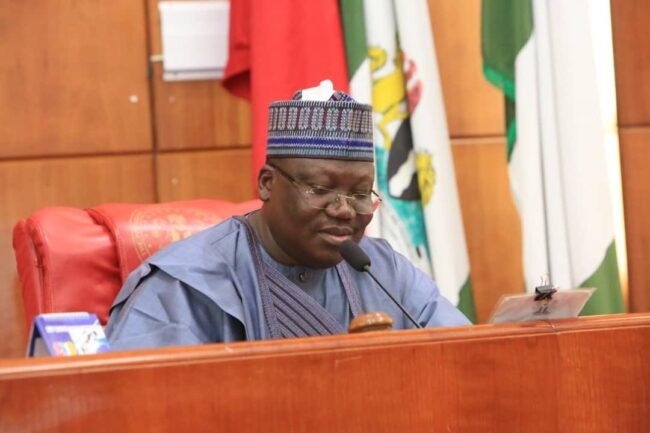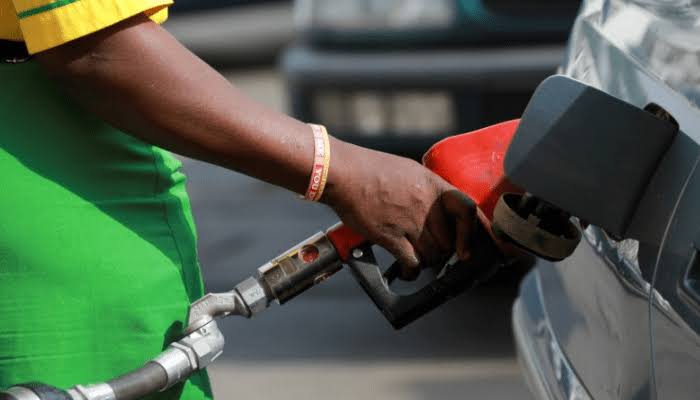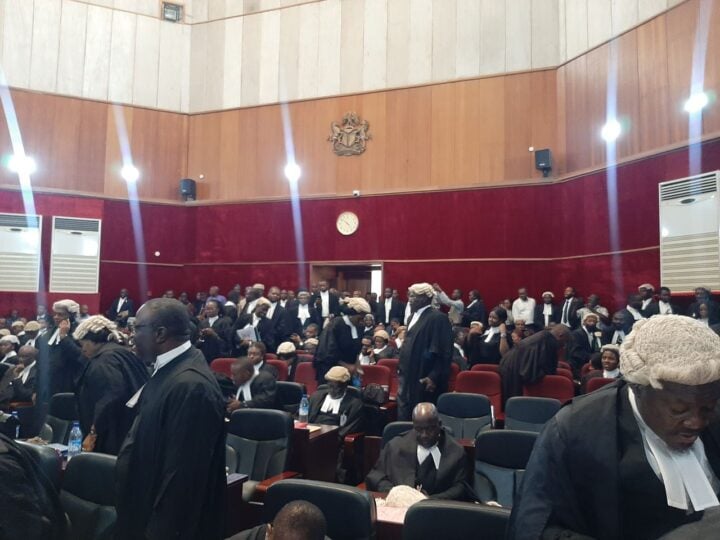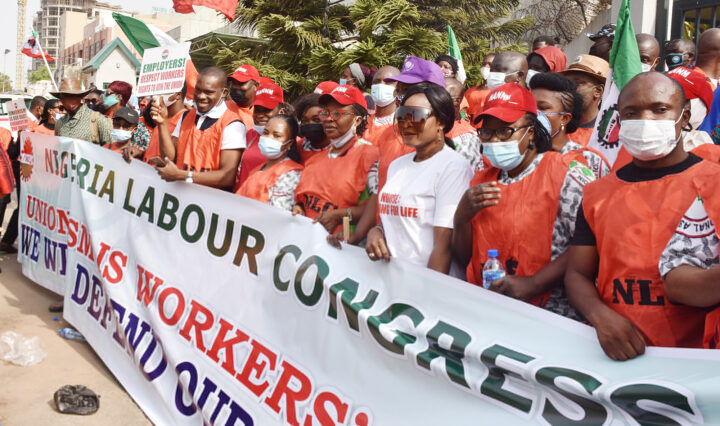On Tuesday, the senate passed a bill to amend the Independent Corrupt Practices and other Related Offences Commission (ICPC) act.
But little was known about the details of what the senators passed in the “committee of the whole” when they considered 70 clauses seeking to amend the principal act of ICPC.
What was widely reported was that the upper legislative chamber amended section 25 of the law establishing the anti-graft commission to imprison writers of false petitions for two years without an option of fine.
While presenting his report, Abdu Kwari, chairman of the senate anti-corruption committee, had said there was a need to make the punishment for writing false petitions stringent to deter people from misleading the commission.
Advertisement
Contributing to the debate, Adamu Aliero, senator representing Kebbi central, said people, including senators, suffer in the hands of the commission as a result of false petitions.
Details of the bill obtained by TheCable show how the senators whittled down the chairman’s powers.
By virtue of the modifications, the ICPC chair will be a figurehead and will be susceptible to contestations within the commission.
Advertisement
ICPC CHAIR’S POWERS WHITTLED DOWN
Section 7(1) of the ICPC principal act provides that “the chairman may issue administrative orders to be called ‘standing orders’, which shall conform with the provisions of the general control, training, duties and responsibilities of officers of the commission, and for such other matters as may be necessary or expedient for the good administration of the commission and to ensure the efficient and effective functioning of the commission.”
However, the senate amended the provision and substituted “chairman” with the word “commission”.
The amendments made by the senators provide that the commission would have “deputy commissioners, assistant commissioners, superintendents, assistant superintendent, senior investigators, investigators” in section 4(7) – the make up of the anti-graft agency.
Advertisement
Also, in the principal act, section 4(2) provides “that the chairman and any four members of the commission shall constitute a quorum”, but a new subsection 2(a) was added which reads: “The proceedings of the meeting of the commission shall be as provided in the schedule to this act”.
‘LENIENT’ PUNISHMENT FOR BRIBERY
Section 22 (3) of the principal act provides that “any public officer who, in the course of his official duties, inflates the price of any goods or service above the prevailing market price or professional standards shall be guilty of an offence under this act and liable on conviction to imprisonment for a term of seven years and a fine of one million naira”.
The N1 million fine was reduced to N500,000 without an option of jail term in the amendment considered and passed by the senate.
Advertisement
CONSTITUENCY PROJECT CONTROVERSY
Members of the national assembly and the ICPC, which has worked to expose corruption in the constituency projects scheme, have been at loggerheads.
Advertisement
In September 2022, the ICPC said it recovered N2.8 billion worth of assets earlier diverted under the constituency projects scheme.
At the time, the commission said it had tracked 2,444 projects awarded between 2019 and 2021.
Advertisement
Akeem Lawal, ICPC’s director of operation, said it discovered cases of “bribery, signing off projects as completed, false certification of projects, vague description of projects, failure to deduct and remit appropriate taxes, and projects sited on private property of sponsors around project delivery”.
Lawal said under the Constituency and Executive Projects Tracking Initiative (CEPTI), it was found that some of the projects were nominated in companies which they had interests in.
Advertisement
Add a comment







